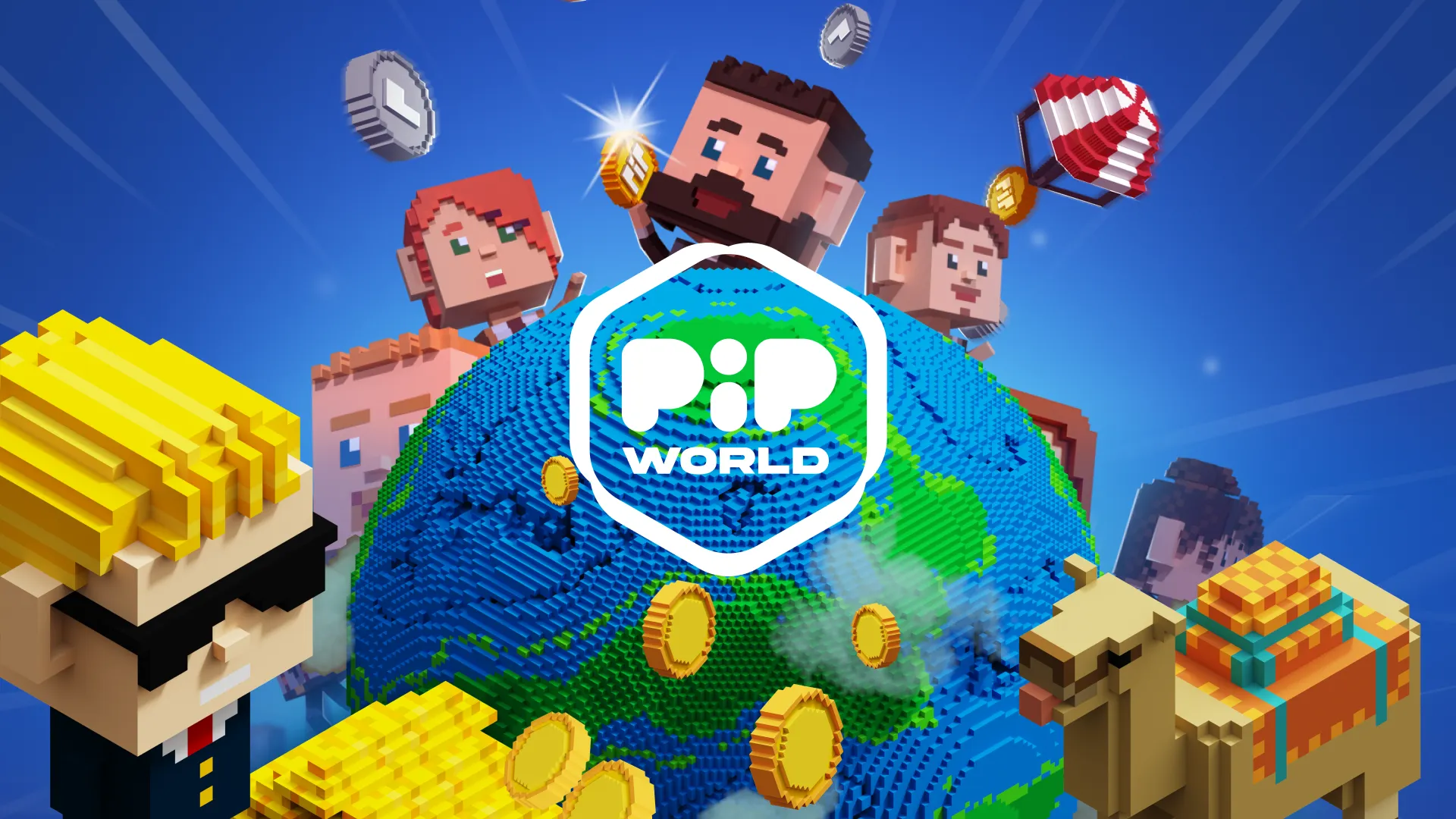Gaming startup PiP World has a sweeping vision—to create the “Duolingo equivalent” for financial education through “gamified experiences around finance, trading and investing,” the firm’s CEO Saad Naja told Decrypt.
The aim is to “change the way people learn about financial markets by creating engaging gamified experiences on the world's biggest platforms,” he explained.
To that end, it’s taking a “multifaceted” approach, snapping up Roblox stock-trading game StockRise and launching Telegram game Gold Rush. “We're not just targeting one ecosystem,” said Naja. “And we're really attacking each platform, each segment of client, in a slightly different way.”
Acquiring StockRise was a “no-brainer,” he said, adding that, “It was the number one top grossing finance game in Roblox, it’s got over 7.3 million visits and around 300,000 monthly active users.” The game sees players take control of a virtual portfolio, including crypto, learning how to make money by investing in the stock market. “We've been doing a bunch of work on that platform,” said Naja, adding that, “some pretty major updates” are expected by the end of the year.
By contrast, Gold Rush was more opportunistic, based on Telegram’s success. “Telegram was never in our sights at the beginning,” Naja said. But with the rapid growth of tap-to-earn games like Notcoin and Hamster Kombat, he said, it became apparent that there was “something there, with a pretty engaged ecosystem and community.”
That community rapidly latched on to Gold Rush, with the game racking up 125,000 monthly active users in just a few days following its launch.
The PiP World team was fortunate in that its game’s assets were built in Unity, which could easily be ported to Telegram’s favored WebGL API. “We were able to actually do a lot of heavy lifting from existing gameplay,” Naja said.
PiP World #GoldRush is now 125k gamers strong 💪
Want to get in front of the competition?
Keep tapping and complete quests everyday to win bonuses 🫡 pic.twitter.com/QuY9eKatX0
— PiP World (@ThePiPWorld) September 24, 2024
That meant that unlike many Telegram games, which arrive with little more than a promise of a future ecosystem, Gold Rush landed with months of work and AAA game assets already in place from forthcoming title PiP Trader, Naja explained. “We really had something tangible and viable behind the scenes,” he said, with PiP Trader set to go live “in the next few months.”
Naja didn’t rule out extending PiP World’s multifaceted approach to other platforms, noting that, “we’re looking at Discord now,” and that, “we're really attacking each platform, each segment of client, in a slightly different way.”
Next on the agenda is the token generation event and skill-based airdrop for PiP World’s PiPS token, which has been the subject of “somewhat of a bidding war” among prospective blockchains, Naja said. “It's not just about the short term,” he explained, adding that PiP World wants to build on “a chain that we think is going to be around in the next five to 10 years, and will continue growing and delivering value in the wider ecosystem.”
Hot on its heels is the fully fledged PiP Trader game, a hyper-casual mobile title that promises an “immersive trading strategy and management simulator.” The PiPS token will be “really embedded” into PiP Trader, Naja said, adding that, “There's going to be a bunch of interoperability between actually having a game on mobile and being able to actually do on-chain activities.”
It all culminates with PiP Academy, a gamified financial literacy learning mobile app that will incorporate personalized AI learning journeys. “We really wanted to essentially build a much more focused product,” said Naja, calling the app the “Duolingo equivalent” for financial learning, educating users on concepts like compound interest, short term trading and even technical analysis.
“When you remove all of the noise and complexity behind it, people find it so much easier to actually understand,” he said, adding that, “it’s shocking that you can teach people these really difficult concepts far easier when you actually just break it down to its core.”
Sponsored post by PiP World
Learn More about partnering with Decrypt.





